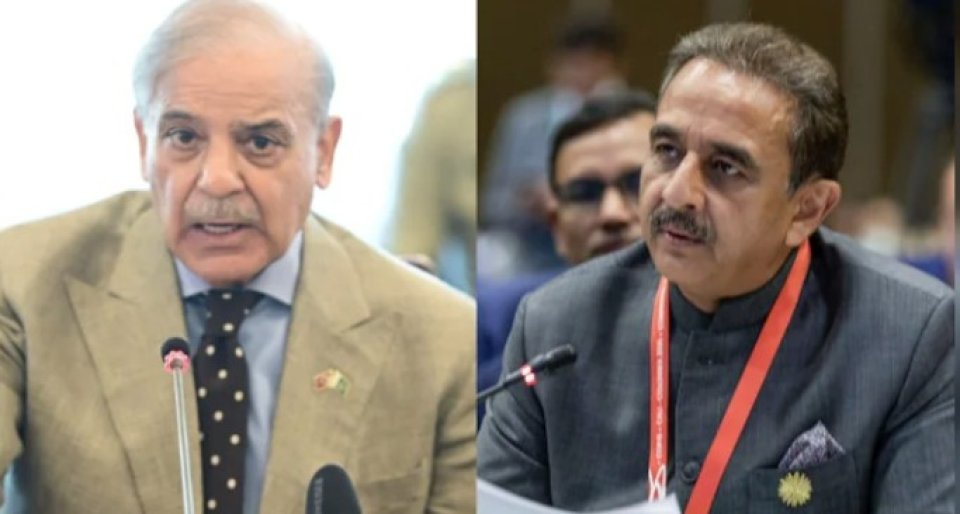India has strongly criticized Pakistan for raising the Indus Waters Treaty during the United Nations Conference on Glaciers in Dushanbe, Tajikistan, asserting that Islamabad should stop blaming New Delhi and instead address its own violations of the agreement through continued cross-border terrorism.
Speaking during the plenary session on Friday, Minister of State for Environment Kirti Vardhan Singh condemned Pakistan’s attempt to politicize the forum. “We are appalled at the attempt by Pakistan to misuse the forum and to bring in unwarranted references to issues which do not fall within the purview of the forum. We strongly condemn such an attempt,” he said.
Singh emphasized that the Indus Waters Treaty, signed in 1960 with the World Bank as a signatory, was founded on principles of goodwill and friendship. However, he argued that "unrelenting cross-border terrorism from Pakistan" has disrupted India’s ability to utilize the treaty’s provisions effectively. “Pakistan, which itself is in violation of the treaty, should desist from putting the blame of the breach on India,” Singh added.
He further noted that significant changes—such as demographic shifts, technological advancements, climate change, and security threats—necessitate a reassessment of the treaty’s terms.
The remarks came in response to Pakistan Prime Minister Shehbaz Sharif’s statement at the same conference, where he accused India of unilaterally suspending the treaty for “narrow political gains” and warned that Pakistan would not allow India to cross a “red line” by endangering millions of lives. According to Pakistani media outlet Dawn, Sharif said, “India's unilateral and illegal decision to hold in abeyance the Indus Waters Treaty, which governs the sharing of the Indus Basin's water, is deeply regrettable.”
India's suspension of the treaty was among several retaliatory measures announced following a deadly terrorist attack in Pahalgam, Jammu and Kashmir, on April 22 that killed 26 people.
The three-day UN conference, which concludes Saturday, brings together over 2,500 delegates from 80 UN member states and 70 international organizations. It aims to underscore the vital role of glaciers in sustaining global ecosystems and addressing water security challenges. (Source: NDTV)







